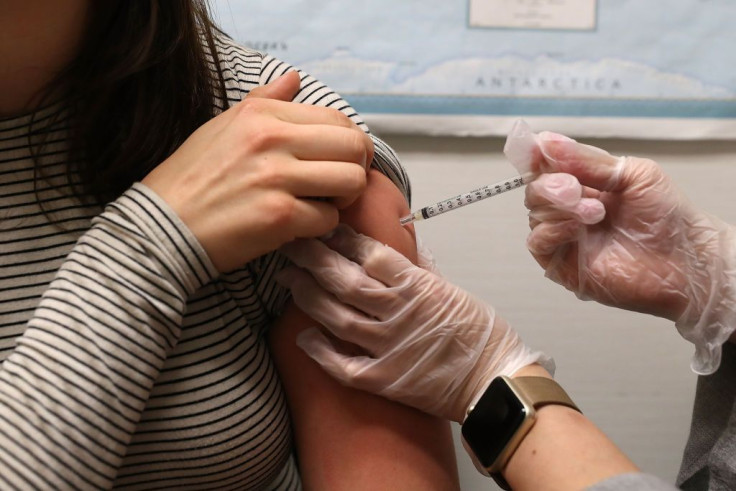Universal Influenza Vaccine Clinical Trial On Humans Begins: What’s The Expected Outcome?

The United States through the National Institutes of Health (NIH) has begun the first human clinical trial of a universal influenza vaccine candidate designed to provide broad, durable protection from flu.
The clinical trial of this innovative universal influenza vaccine candidate called “H1ssF_3928” is examining the vaccine’s safety and tolerability. It is also probing this vaccine’s ability to induce an immune response in healthy volunteers.
Scientists at the National Institute of Allergy and Infectious Diseases (NIAID), part of NIH, developed the H1ssF_3928 experimental vaccine. To develop the vaccine candidate, researchers used the stem of an H1N1 flu virus, which has led to many hospitalizations this flu season
The clinical trial is taking place at the NIH Clinical Center in Bethesda, Maryland led by Grace Chen, M.D., of NIAID’s Vaccine Research Center (VRC) Clinical Trials Program.
NIH explained that H1ssF_3928 is designed to teach the body to make protective immune responses against diverse influenza subtypes. The vaccine does so by focusing the immune system on a portion of the virus that varies relatively little from strain to strain.
The vaccine candidate was developed as part of a research agenda to develop a “universal” influenza vaccine that can provide long-lasting protection for all age groups from multiple influenza subtypes, including those that might cause a pandemic.
“Seasonal influenza is a perpetual public health challenge, and we continually face the possibility of an influenza pandemic resulting from the emergence and spread of novel influenza viruses,” NIAID Director Anthony S. Fauci, M.D. said.
“This Phase 1 clinical trial is a step forward in our efforts to develop a durable and broadly protective universal influenza vaccine.”
NIH said the trial will gradually consist of at least 53 healthy adults aged 18 to 70 years. Researchers hope to understand how participants’ immune responses to H1ssF_3928 may vary based on age and the likelihood of their previous exposure to different influenza variants.
“This Phase 1 clinical trial is the culmination of years of research and development made possible by the unique collaborative setting that the VRC offers by bringing together top scientists, manufacturing expertise, and an outstanding clinical team,” VRC Director John Mascola, M.D. said.
VRC expects the clinical trial to complete enrollment by the end of 2019 and hopes to begin reporting results in early 2020.



























